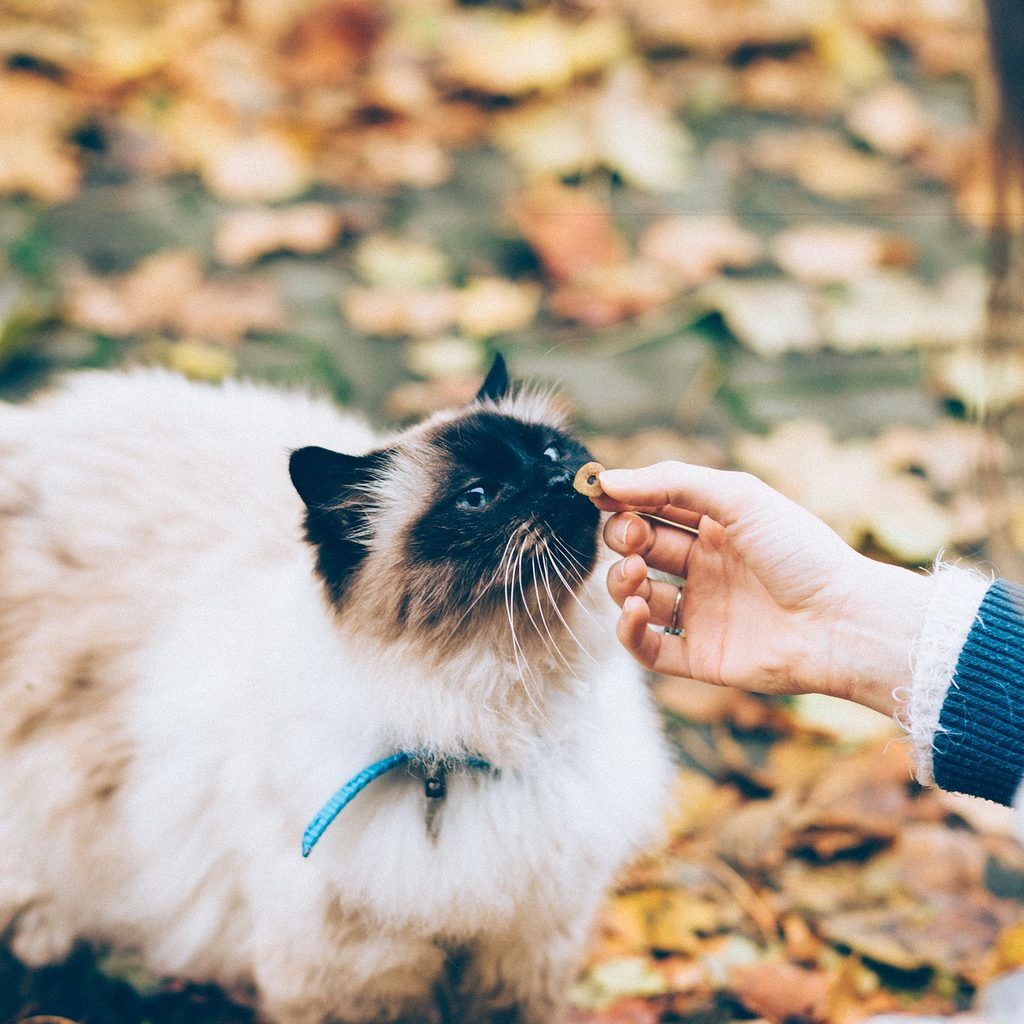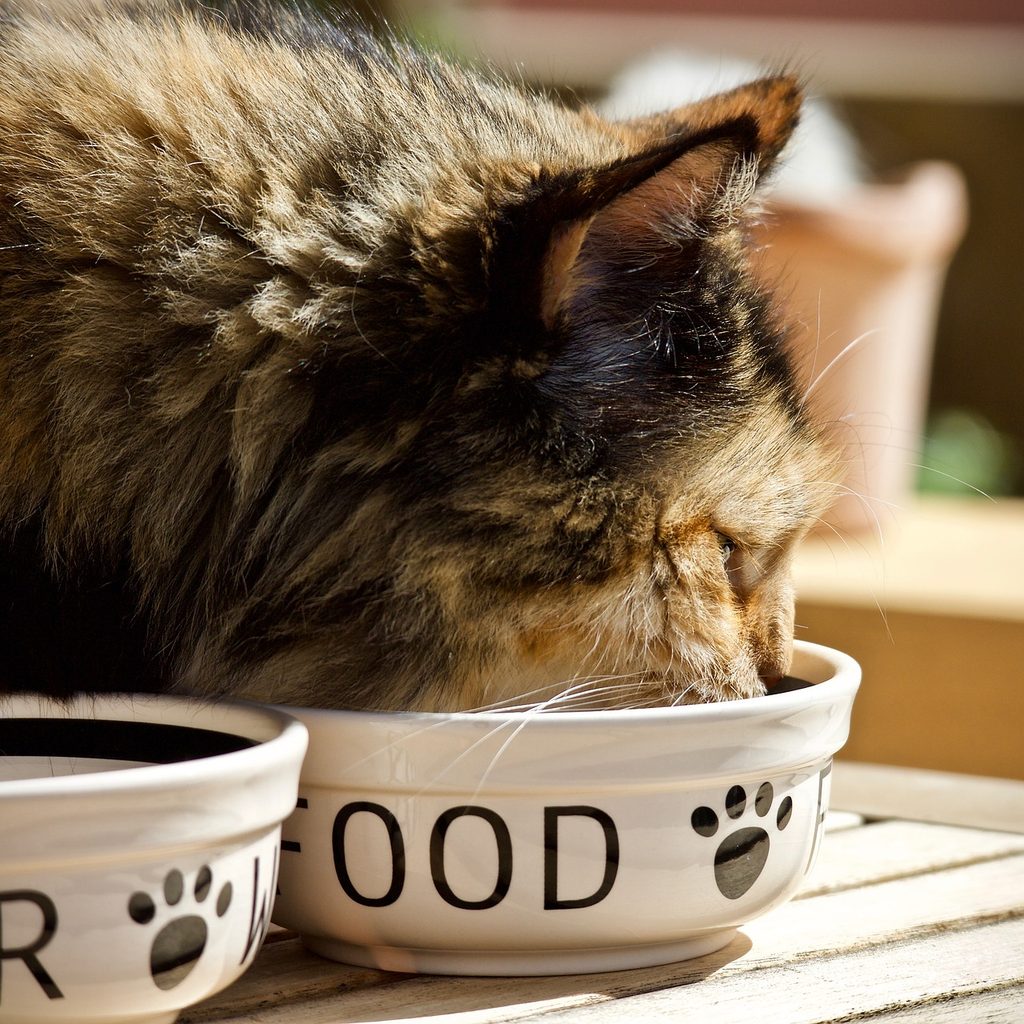“My cat isn’t eating — what do I do?” It’s a common question that many cat owners may face at some point. Cats can be finicky, and changes in diet or even being bored with the same old food can prompt them to eat less or not eat at all. While it’s always important to rule out potential health issues that could be causing the change, there are also plenty of ways that you can jumpstart your cat’s appetite. Understanding what to do if your cat is not eating can help you decide what’s best for your cat, whether that’s a trip to the vet or a few changes in his food and how you’re feeding him.

Make food more tempting
Some cats may lose interest in their food or just decide they don’t like the particular flavor of the food you’re serving. If your cat has become picky and is eating less of his food, try changing up the flavors or warming the food up in the microwave for a few seconds, which will release a stronger smell and make it more tempting.
You can also add some appealing foods to pique your cat’s interest. A little bit of tuna juice or low-sodium chicken broth will change up the taste and create a tempting scent, too. You can also add some boiled chicken or turkey to your cat’s food. You may find that adding in elements that your cat isn’t used to suddenly revives his appetite. As your cat catches on to the fact that these enticing bits are on top of his food, start to mix them into the food so that he doesn’t just pick out the good stuff.
You might also try changing the brand of food that you’re giving your cat. If you do choose a new brand, make the change gradually by slowly introducing and increasing the new food over a period of two weeks. This can help to avoid the digestive upset that a sudden dietary change can cause.
Create an ideal meal area
Your cat may start to lose his appetite if he feels stressed or unsafe while he’s eating. A recent household change, like the addition of a new pet or a baby, can have your cat feeling vulnerable while he’s trying to eat, or he might be afraid to approach the area where his food is located. You may need to take multiple steps to help your cat feel safe again, including possibly relocating his food to a quiet area of the home or working to separate the new pet so your cat can feel confident in his territory again.
A cat who is older and experiencing stiffness because of arthritis may also have difficulty eating off a bowl placed on the ground. Consider elevating your cat’s food dishes so that your cat doesn’t have to bend or crouch down while eating, which may make him more comfortable.
Some cats develop preferences for certain styles of food dishes. You might want to experiment with larger, shallower food dishes, or try using dishes that are made of metal, which doesn’t tend to absorb smells and bacteria the way that plastic dishes can.

Know when to call a vet
While factors like stress and a dislike of the cat food you’re feeding can contribute to a cat’s lack of appetite, many health issues can also prompt your cat to lose his appetite. Tooth pain, digestive or urinary blockages, constipation, upper respiratory infections, and other medical conditions can cause your cat to lose interest in his food and to refuse to eat. Many of these conditions can get worse if your cat doesn’t receive prompt veterinary attention.
If your cat doesn’t eat for 24 hours, then bring him right in to see your vet. If your cat stops eating and displays other behavior changes, like retreating into a quiet space in the home or not using the litter box, these are also signs that a physical ailment may be the cause and that your cat needs prompt veterinary attention.
Ultimately, you know your cat best. Your cat might be a picky eater and frequently boycott his food when he’s no longer fond of the flavor, in which case the above tips should be able to help. However, if your cat doesn’t often get picky about food, you should be a bit more concerned about this sudden change. If you have any doubt about your cat’s health, it’s always better to at least call and talk to your vet’s office. Bringing your cat in for a checkup can give you valuable peace of mind, reassuring you that you’re not overlooking an underlying health issue.


